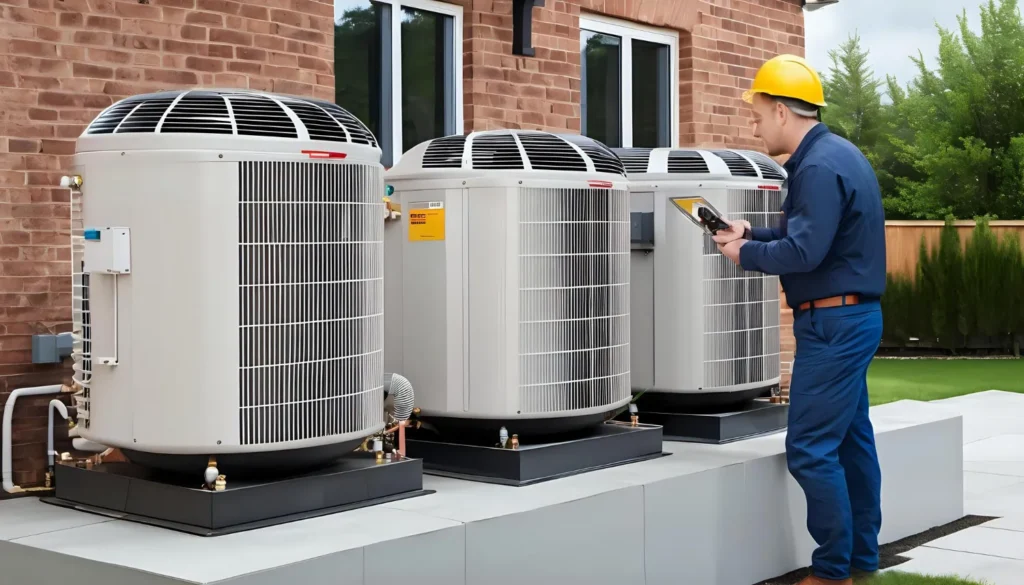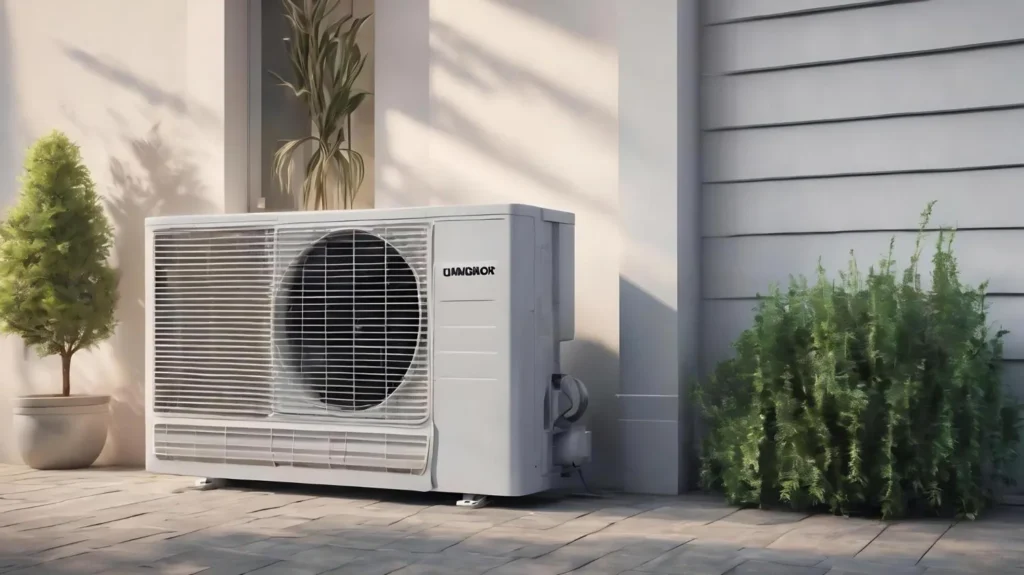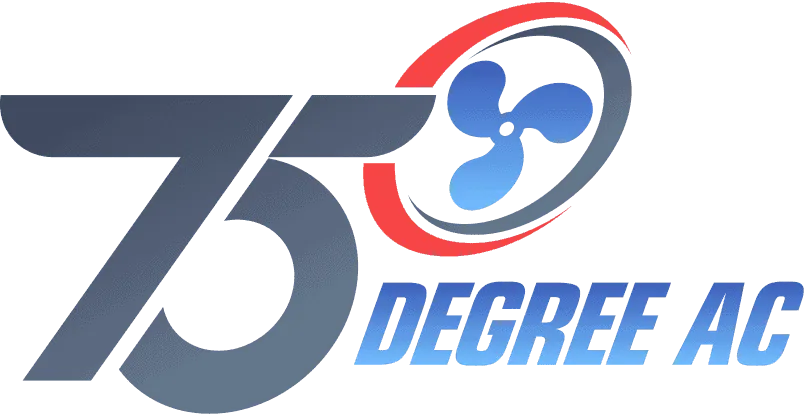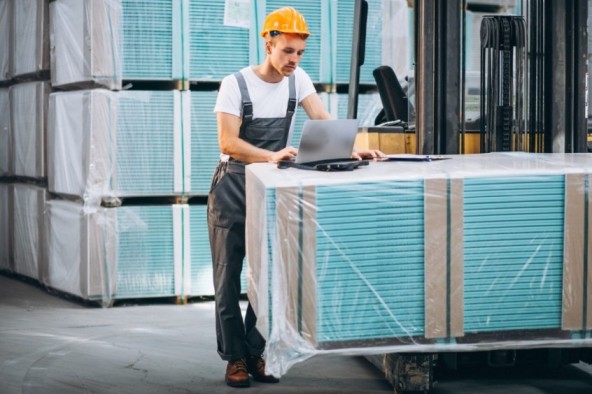Need help fixing your HVAC problems? Our guide on HVAC troubleshooting has got you covered. Discover easy solutions and expert tips to keep your system running smoothly. Before you call us for expert AC repair service, consider trying to fix it on your own to save money.
How to Check Your Air Conditioner Before Calling for Service

How do I check if my air conditioner shuts off by itself?
If your conditioning system shuts off unexpectedly plans, it could indicate several issues. Start by air conditioning check the thermostat settings to ensure they’re correctly configured.
Next, inspect the air filter for dirt or clogs restricting airflow. Additionally, check the circuit breaker to ensure it hasn’t tripped.
My thermostat won’t turn on. What should I do?
If your thermostat isn’t turning on, it may be due to a dead battery or a faulty connection. Start by replacing the batteries in the thermostat and ensuring that it’s properly seated on the wall mount. If the thermostat still doesn’t turn on, check the circuit breaker to ensure power reaches the unit.
My AC turns on, but the airflow is messed up. What do I do?
Various issues, including dirty air filters, blocked vents, or a malfunctioning blower motor, can cause poor airflow. Start by checking and replacing the air filters if necessary. Next, inspect the vents to ensure they’re open and unobstructed. If the problem persists, it may be best to call a professional for further diagnosis and repair.
What do I check if my AC turns on but isn’t blowing cool air?
Suppose your AC is running but not cooling. In that case, it may be due to low refrigerant levels, a dirty condenser coil, or a malfunctioning compressor. Start by checking the thermostat settings to ensure the unit is set to cool mode and the temperature is correctly configured.
Next, inspect the outdoor unit for any signs of damage or debris buildup. If you suspect a refrigerant leak, it’s best to call a professional HVAC technician for repairs.
My AC is acting strange. How do I reset the unit?

If your AC behaves oddly, a simple reset may solve the problem. Start by turning off the power to the unit at the circuit breaker or disconnecting it from the power source. Wait a few minutes, then restore power to the unit and check if the issue persists. If the problem continues, it may be best to call a professional for further diagnosis and repair.
Is it necessary to have a pro service my AC every year?
While annual maintenance is recommended to keep your AC running smoothly, homeowners can perform some tasks, such as changing air filters and cleaning debris from the outdoor unit.
However, a professional HVAC technician can provide a more thorough inspection and tune-up, identifying potential issues before they escalate into costly repairs.
Which issues are too dangerous to HVAC troubleshooting myself?
While homeowners can safely address some HVAC issues, others are best left to trained professionals. Issues involving electrical components, refrigerant leaks, or gas furnaces can be hazardous and require specialized knowledge and equipment to diagnose and repair. If you’re unsure about the safety of HVAC troubleshooting a particular issue, it’s best to call a professional for assistance.
How Do I Know When to Service My AC?
Regular maintenance is essential for keeping your HVAC system running smoothly. But how do you know when to schedule a service call? Here are some signs that indicate your AC may need attention:
FAQs
What are the HVAC troubleshooting steps in HVAC?
When HVAC troubleshooting issues, following a systematic approach to identify and resolve the problem efficiently is essential. Start by checking the thermostat settings to ensure they’re correctly configured. Next, inspect the air filter for dirt or clogs restricting airflow. Additionally, check the circuit breaker to ensure it hasn’t tripped.
What is the first thing a technician should check if the air conditioner is not functioning?
The thermostat is the first thing a technician should check if the air conditioner is not functioning. Ensure the thermostat is set to the correct mode (cooling or heating) and the appropriate temperature setting. Suppose the thermostat appears to be working correctly. In that case, the technician will check other components, such as the air filter, circuit breaker, and outdoor unit.
How do you troubleshoot an AC step by step?
HVAC Troubleshooting an AC step by step involves several key steps. Start by checking the thermostat settings and ensuring they’re correctly configured. Next, inspect the air filter for dirt or clogs restricting airflow. Then, check the circuit breaker to ensure it hasn’t tripped. If the issue persists, it may be necessary to call a professional HVAC technician for further diagnosis and repair.
What to do when your AC won’t work?
If your AC won’t work, there are several steps you can take to HVAC troubleshooting the issue. Start by checking the thermostat settings to ensure they’re correctly configured.
Next, inspect the air filter for dirt or clogs restricting airflow. Then, check the circuit breaker to ensure it hasn’t tripped. If the issue persists, it may be necessary to call a professional HVAC technician for further diagnosis and repair.
Why is my HVAC running but not cooling?
Several factors could contribute to the issue if your HVAC system is running but not cooling. Common causes include low refrigerant levels, a dirty evaporator coil, a malfunctioning compressor, or blocked airflow.Calling a professional HVAC technician to diagnose and address the problem correctly is best.
Should I turn off the AC if it’s not cooling?
If your AC is not cooling, it’s generally safe to turn it off temporarily while you HVAC troubleshooting the issue. However, if the problem persists, it’s essential to call a professional HVAC technician for further diagnosis and repair. Turning off the AC can help prevent further damage to the system and avoid wasting energy while you address the issue.




